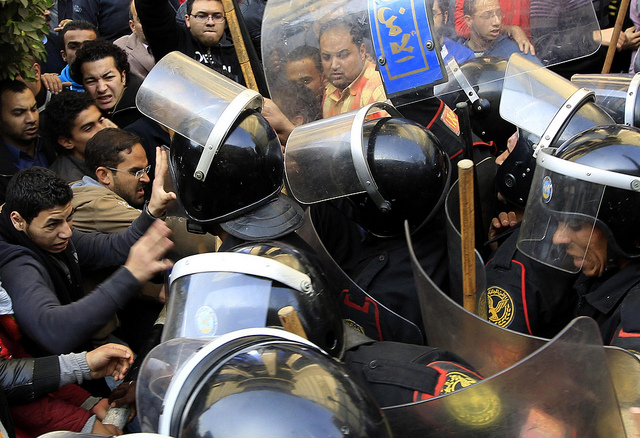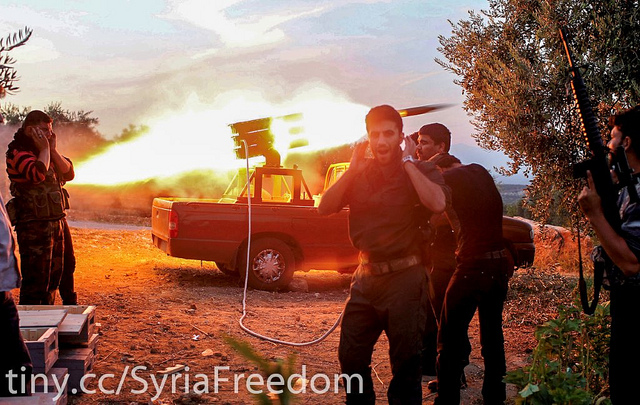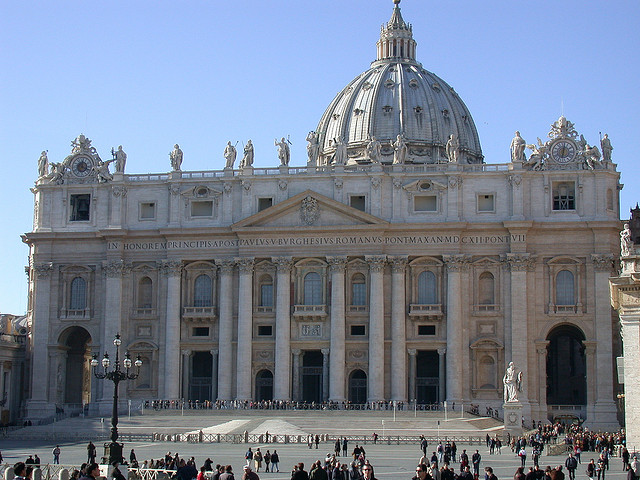The Arab world is alight and its citizens are hoping that, when the smoke clears, they will have the power of self-determination. Revolution has stalled in Egypt as political process succeeds people power; the U.N. bankrolled conflict in Libya has recently been undermined by the revelation of Libyans’ own leadership preferences; the people of Yemen have been to the polls this week, although they were not offered a vast candidature to select their new leader.
Successful revolution in Tunisia has been cast into doubt by an employment crisis. The people of Bahrain appear to be screaming at a wall and, most alarmingly, Syria is on the brink of civil war, Bashar al-Assad arming every weapon in his arsenal as the United Nations Security Council dither over the potential outcomes of intervention.
Some have asserted that the instability in Syria has contributed to the bridging of political divides in Palestine: Islamist ruling party Hamas had based their operations in Damascus, but leader Khaled Meshaal has abandoned the headquarters as violence continues, a move which coincides with advancing peace talks between Hamas and Fatah, the previously dominant secular branch of Palestinian politics.
The two dominant Palestinian authorities both have strong ties to neighbouring Arab states due to the large numbers of Palestinian nationals living in diaspora communities, exiled due to political activity or the establishment of the state of Israel in 1948. It is estimated that there are six million Palestinian refugees.
Iran has been known to fund Hamas operations, military and social, but in light of sanctions imposed by the U.S. it has very little financial backing to offer.
The above timeline represents key events in the history of Palestine and the contemporary, consistently fluctuating relationship between Fatah and Hamas. What it does not show is the myriad occasions of violence between Palestine and Israel, or between the rival Palestinian parties.
There are defining factors in the political ideologies of Fatah and Hamas which make reconciliation of ideals improbable: Fatah conceded and acknowledged the existence of the state of Israel in 1991, whereas the guiding principles of Hamas dictate that they will never recognise Israel, making dialogue impossible. Fatah have accepted that coexistence is the only way forward to an autonomous Palestinian nation.
Broken promises have also undermined the process by which Palestine and Israel can coexist peacefully. Israel have reneged on commitments to halt further settlements in Jerusalem several times during the 1990s, and the construction of the West Bank wall from 2002 has further strengthened the view point that Israel are attempting to claim as much territory as they can. Ceasefires have been ignored by both parties.
Resolving the Palestine Israel conflict would be unfathomable without a united front from the Palestinian authorities. Globally, the United Nations would not grant sovereignty to a fledgling nation engaged in civil war. Hamas’ political pledge to support Mahmoud Abbas, the Fatah leader, has divided senior figures within the party and led to fears of the Hamas military wing the Izz ad-Din al-Qassam Brigades scotching the accord.
The stigma of violence continues to define Palestine in the eyes of the international community, even in the context of the Arab spring. Palestine has seen two infitadas, lasting over 10 years in total, their anger aimed at the oppressors rather than their politicians. Support for the Arab and North African uprising has been forthcoming from all over the world, but the voice of the Palestinian people has been marginalised by political activity defined by opposition, rather than representation.
February has been a significant month for Palestine, the signing of the Doha Unity Agreement between Fatah and Hamas, and the ending of a 66 day hunger strike by political prisoner Khader Adnan offering a glimpse of progress. Social media offers an insight into the opinions and debates which are shaping the future of Palestine today.
Main image: Wikimedia commons








